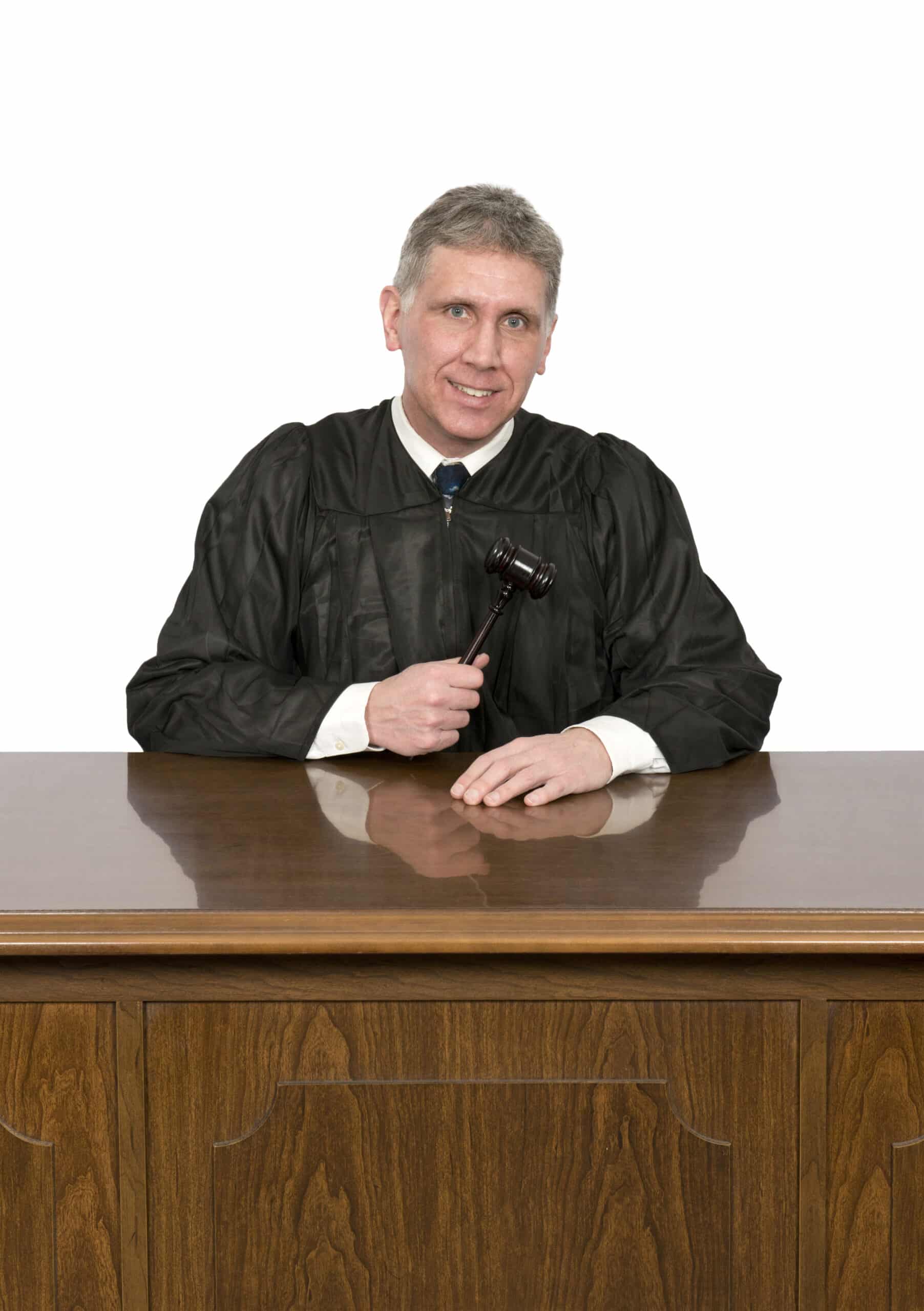
Up until now, drug courts have been in a position to forbid those addicted to opiates from seeking medication maintenance therapy. Many drug courts throughout the country hold the power to say yay or nay over the kind of drug abuse treatment that someone receives; and abstinence-based therapy simply does not work for a majority of heroin or pain pill addicts.
Such decisions should, in fact, be left solely to the patient and his doctor. Who else has the right to interfere with someone’s plan to kick an addiction of any kind? Who can say one kind of therapy over another will work for a person? Does the judge have the training to determine what kind of treatment somebody should have? Finally, in a giant stride taken by the Substance Abuse and Mental Health Services Administration (SAMHSA), drug courts that ban medication maintenance therapy will no longer be eligible to receive SAMHSA grants.
What Is Drug Court?
A drug court, for those unfamiliar with the term, monitors treatment of someone who is going through the legal system because of drug-related issues. It could be someone arrested for using drugs, or it could be a person who has stolen something to pay for his drugs. The courts understand that addiction is a medical problem and not a criminal one, and they provide an alternative to jail for eligible offenders. Most drug courts will not accept someone who has committed a violent crime, even if it is done to obtain drugs. Guidelines vary from one jurisdiction to another.
However, most drug court judges have the latitude to refuse anyone who chooses medication maintenance therapy. Those people are not free of drugs, the judges have said, refusing to endorse the standards set by federal agencies such as SAMHSA and the National Institute of Drug Abuse (NIDA).
The attitudes of those judges have cast a pall over those who achieve recovery using methadone or buprenorphine by indicating that such clients are simply choosing one drug over another. Their stance has buttressed old-fashioned attitudes held by others in society, including family members and employers of those who are addicted.
Admittedly there have been many judges overseeing drug courts who recognize that addiction treatment and the decision to seek medication maintenance therapy is a personal choice that cannot be stipulated by the court. In places like Texas, New York, and in some parts of Georgia, drug court judges have already been accepting people seeking medication maintenance therapy through the use of these effective medications.
Medication Maintenance Therapy Is Not Just Another Drug
SAMHSA has jurisdiction over millions of dollars in funds that can be granted to drug courts, and it has taken a stand: Drug courts that screen out clients receiving medication maintenance therapy will no longer be eligible to receive those grant funds. Its statement recognizes the use of medication maintenance therapy including methadone, buprenorphine (Suboxone, Subutex, Zubsolv), naltrexone (Vivitrol), naloxone (Narcan), or disulfiram (Antabuse, Antabus) as eligible therapies for people being treated for opiate abuse or, in the case of disulfiram, alcoholism.
The truth is that medication maintenance therapy can change the face of the world for anyone who has been unable to kick heroin, pain pills, or other opiates. With a doctor managing his clients’ care, monitoring their health during treatment, and carefully assessing what type and level of medication will best suit their needs, medication maintenance therapy constitutes a vital and viable option for those who choose it.
SAMHSA’s language says drug courts that deny individuals who seek medication maintenance therapy can apply for grant funds but those applications will be screened out. It also prohibits interference not only from the drug court judge, but also from any court officer, including parole and probation officers and any staff otherwise connected to the court.
Drug courts perform good work, no doubt about it. The nature of addiction means that some people fail to choose any kind of recovery unless they are backed into a legal corner. For many who are secure today in their recovery, that road began with a judge who ordered them into treatment. But it has been grossly unfair for people suffering from heroin or pain pill addiction, because those addictions are different in nature than other addictions. People don’t die from opiate withdrawal, but during the withdrawal they often wish they would, and relapse happens quickly. Insurance companies pay little for any kind of drug treatment, and in the meantime our national opiate epidemic keeps growing.
This is good news, then, if you’re on papers with your local courts and you’re trying to kick heroin or pain pills. For the first time wherever you live you can finally opt for methadone or Suboxone maintenance therapy. SAMHSA has taken a stand; now you can take one, too. Call your local methadone program, talk with your probation officer, and get your therapy started.



